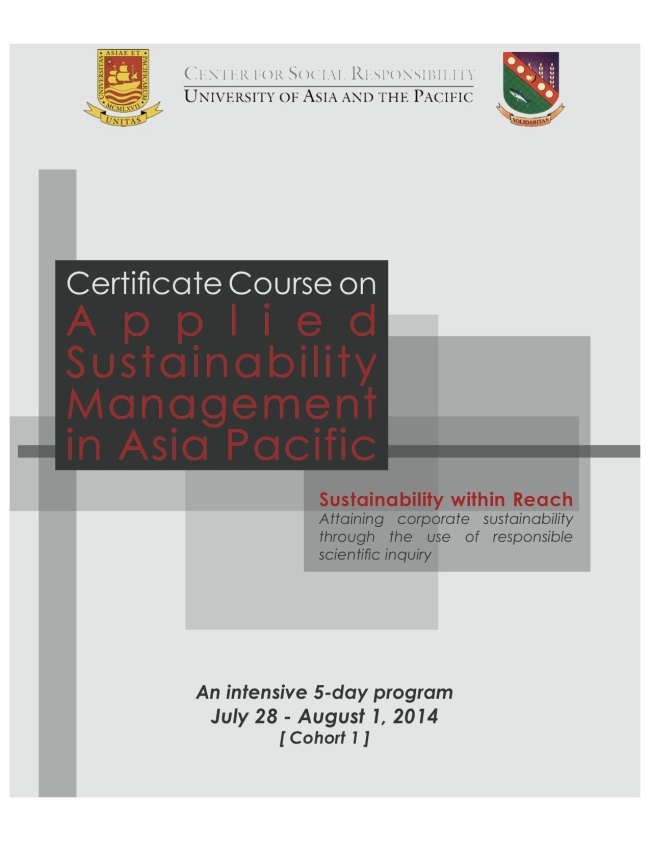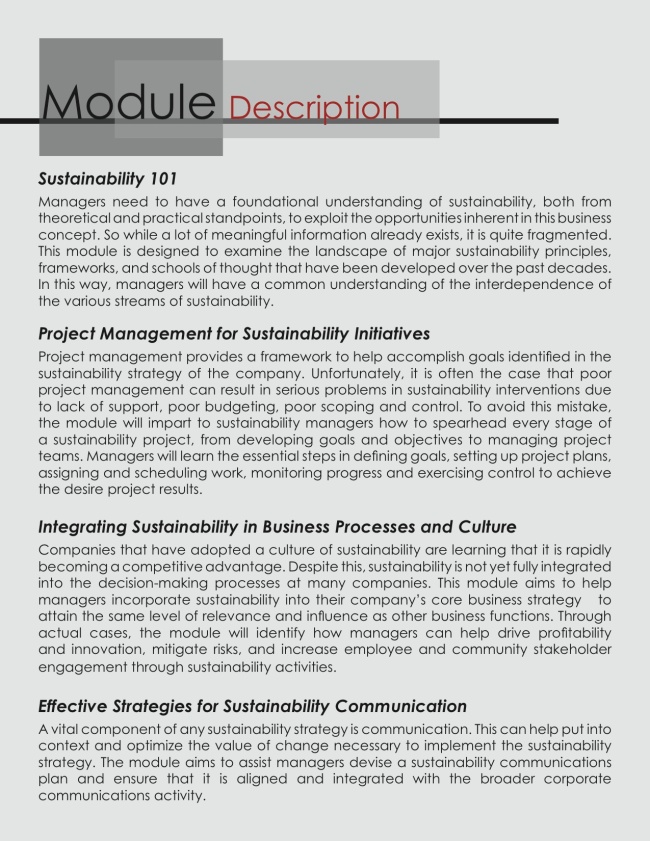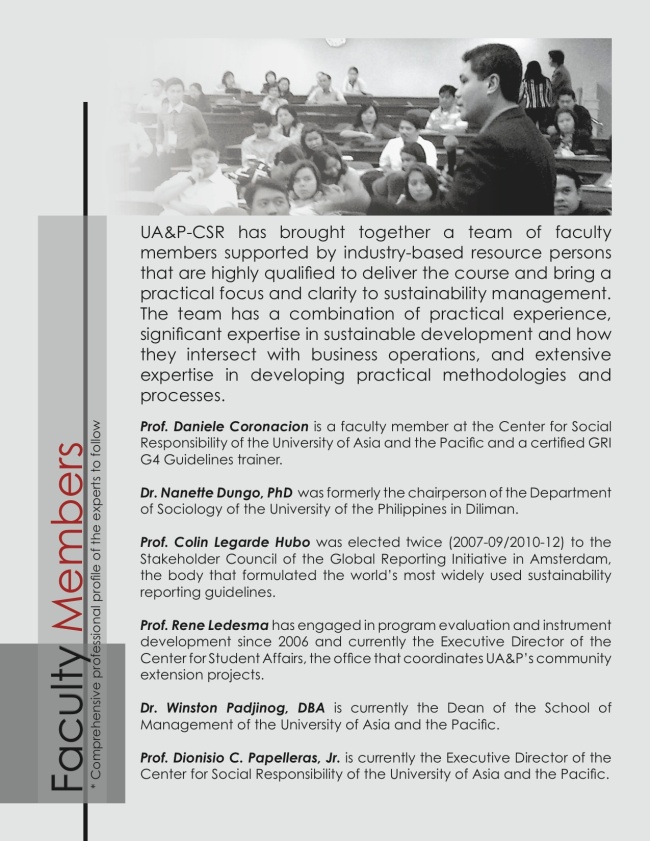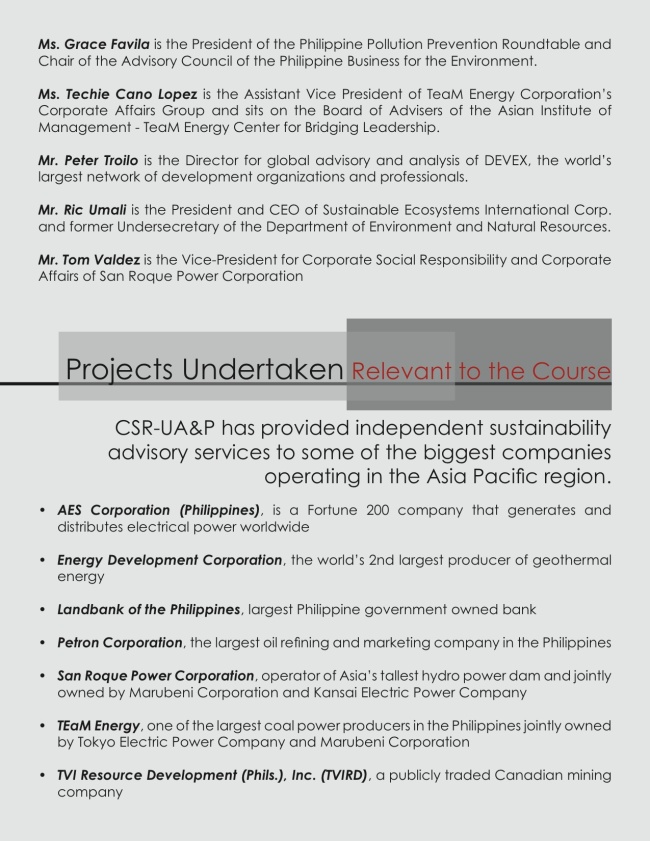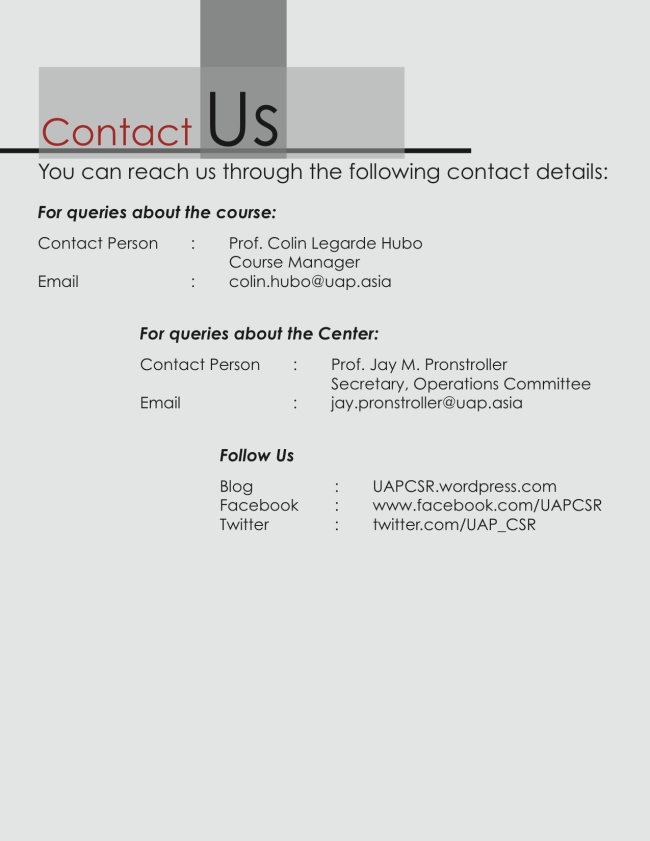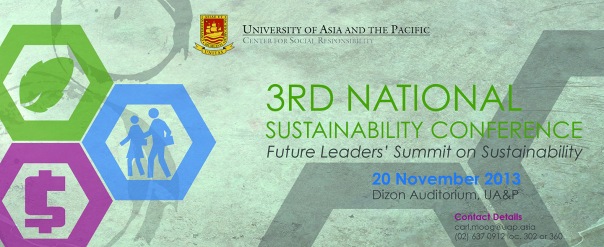Blog Archives
Supply chain transparency: forging better relationships with suppliers
Supply chain transparency: forging better relationships with suppliers
In the aftermath of the horsemeat scandal, what can companies do to manage supply chains and put sustainability at the heart of sourcing?

Findus, the frozen food brand at the centre of the horsemeat saga, last week announced it is taking action to address the shortcomings of its supply chain management. The frozen food giant, whose beef lasagnes were found to contain up to 100% horsemeat, has joined the Supplier Ethical Data Exchange (Sedex), a not-for-profit organisation that allows suppliers to share responsible trading data with retailers and brands online.
With the support of Sedex, Findus will conduct ethical and health and safety audits of its suppliers and then, armed with this information, it aims to manage risks throughout its supply chain, engaging with suppliers to create greater transparency across its global supply network. The move is also intended to help restore trust in the wider food industry.
Retailers have come under intense scrutiny since the explosion of the ubiquitous horsemeat scandal. More than 5,430 Food Standards Agency tests have so far revealed 44 UK products containing horsemeat, putting retailers including Tesco, Aldi, Ikea and Asda under serious pressure to clean up their supply chains.
Supply chain disasters
Lack of visibility and a lack of direct influence over suppliers further down the supply chain can lead to distinct problems: work can be sub-contracted or even contracted directly to suppliers with poor health and safety standards, dismal labour rights records or detrimental environmental practices.
Just last week, it emerged that Zara is under investigation for ‘degrading’ factory conditions in Argentina, where Bolivian labourers, including children, allegedly worked 16-hour days without breaks.
Labels belonging to Inditex (the parent company of Zara), Walmart and Sears were found in the ashes of the latest factory fires in Bangladesh, where more than 100 workers died in factories with appalling health and safety standards.
Elsewhere, Yum Foods!, the owner of fast food giant KFC, says it plans to stop sourcing packaging derived from tropical rainforests, following a scandal that erupted last year over its former supplier Asia Pulp and Paper trashing Indonesian forests to source paper for KFC ‘buckets’.
Similarly, fashion companies have been forced to address the issue of toxic chemicals being used in the dyeing process. The Roadmap to Zero coalition now aims to stamp out harmful dyes from apparel manufacturing.
So, what can retailers do to avert further catastrophes? What are the challenges they face? And where do they start on the journey to greater transparency?
Current state of play
Climate change, more frequent extreme weather, unsustainable farming practices, water scarcity and population growth are taking their toll on global supply chains, sending raw material costs soaring and threatening the security of retailers’ operations.
However, the sheer size and complexity of global supply chains means tackling sustainability is a monumental task. Pinpointing risk is an uphill struggle; retailers can end up inundated with data, and suppliers become reluctant to ‘waste time’ completing check-lists and audits.
The food and fashion industries are leading the charge on supply chain sustainability. With many high profile brands operating in these sectors, criticism of food and fashion supply chains has been severe.
While some companies, including Unilever and Marks & Spencer (M&S), are seeing the commercial benefits of responsible sourcing, globally, there is still a huge amount of progress still to be made.
Clarity of purpose
“Retailers need clarity of purpose,” explains Sedex CEO Carmel Giblin.
“Establishing a code of conduct that sets clear, realistic expectations is vital. Taking a risk-based approach is also important, identifying the high risk areas and tackling these first.
“Getting robust data is great, but retailers must take this further by understanding suppliers’ business challenges, offering support and developing long-term relationships.”
Louise Nicholls, head of responsible sourcing and Plan A at M&S, also stresses the importance of setting clear standards. She advocates taking a pragmatic approach to reviewing supply chain issues, listening to suppliers, providing evidence-based training and highlighting the business benefits of sustainability. Importantly, she says, retailers should lead by example.
Effective communication is all important
‘Telling the story’ of how sustainability links to business growth using real life examples is essential. Suppliers should also be encouraged to tell their story back to their customers, clarifying the progress they’re making on specific sustainability challenges.
The role of collaboration
Nicholls recommends that retailers participate in working groups and joint initiatives, such as the Ethical Trading Initiative’s recent trip to Peru. This saw M&S, Tesco, Waitrose and Co-op meeting with Peruvian stakeholders in the fruit and vegetables sector to discuss common challenges.
Tackling industry-wide issues collectively can accelerate the pace of change in a cost-effective way and collaborative industry platforms are becoming increasingly popular. These include the Global Social Compliance Programme, the FMCG forum Aim-Progress and the Electronic Industry Citizenship Coalition.
Empowering the supplier who holds the direct relationship with companies further down the supply chain is also important. Retailers must ensure they ask relevant, searching questions of their first tier suppliers, working closely to make their expectations crystal clear.
When recruiting new suppliers, use credible, industry-standard scorecards, reinforced by mandatory data-sharing on carbon, environmental and social performance.
Engaging positively with suppliers
Retailer collaboration with NGOs and local groups on the ground can be instrumental in communicating more effectively with suppliers.
UK retailer John Lewis has established a sourcing office in India and launched a new bath mat range via its sustainable cotton farming project in Gujarat. This initiative, developed by CottonConnect, is helping to improve the environmental performance of the company’s cotton supply chain while enhancing supplier livelihoods.
HP has recently introduced new supplier guidelines to protect the rights of student and temporary workers in China, while Sony’s ‘Green Partner’ programme defines clear standards for its suppliers of chemical substances, ensuring that only approved suppliers are retained.
Katharine Earley is a freelance copywriter and journalist, specialising in sustainability.
How the company of 2020 will operate in a resource-constrained world By Steven Wilding
“…94% of businesses lack an adequate long term strategy to deal with
resource scarcity.”

How the company of 2020 will operate in a resource-constrained world
By Steven Wilding on Feb 18, 2013
Key findings and challenges identified during the recent hour-long webinar
The extract includes some key findings and future challenges identified by our expert speakers and contributions from the audience. Several industry polls took place during the webinar which have also been factored into the selected findings.
The webinar featured the following expert speakers:
- Raji Hattar, Chief Sustainability and Compliance Officer, Aramex
- Nicola Kimm, Corporate Sustainability Director, CSM
- Ioannis Ioannou, Assistant Professor of Strategy and Entrepreneurship, London Business School
A few of the webinar’s key findings
- 94% of businesses lack an adequate long term strategy to deal with resource scarcity.
- Lack of C-suite engagement. Currently there is too much emphasis on so called “super CEOs” such as Paul Polman at Unilever. Most CEOs are not showing enough leadership on the issue of resource scarcity.
- Sustainable products are only more expensive when a company has failed to innovate sufficiently to create a green and competitively priced product or not invested enough in R&D.
- Greater competition for resources will lead to price volatility and supply shortage making it essential competing companies operate with suppliers in a collaborative way.
- Creation of closed loop supply using by-products traditionally classed as waste will become the standard model.
- Investors are increasingly taking note of resource scarcity as part of ESG assessment. Access to finance is improved for companies adopting a more sustainable business model.
- Key to delivering a business model adapted to resource scarcity is the creation of a more sustainable supply chain.
- Promoting sustainable consumption among consumers is of equal importance as engagement with frontline managers and staff.
- Collaborative industry groups and associations, such as RSPO, are crucial for companies to manage their supply chain in a more resource friendly way.
- Targets matter to frontline staff. Frontline managers and staff need to identify realistic, manageable and localised goals which will contribute to ambitious long term companywide targets to reduce resource usage.
- In the Gulf States and the Middle East the attitude is moving away from sustainability as philanthropy and more towards integration of corporate responsibility in business processes especially amongst public shareholding companies.
Whilst the webinar was a solution driven debate and discussion, the challenges to overcome are immense with implementation taking place over the coming years and decades. As such, speakers and participants identified some future challenges to address in order to move towards a resource friendly business model.
Ten challenges for the future
- Decoupling increased growth and profitability from greater use of resources.
- Identifying resource scarcity not just as a business threat but an opportunity to develop long term partnerships with suppliers.
- Adopting a “circular economy, cradle to cradle” approach.
- Ending artificially cheap oil prices in resource rich states and creating awareness of its finite supply and true value.
- Innovative development of renewable technology and its integration into mainstream energy generation.
- Going beyond the niche of “eco labels” and “eco brands” to generate mainstream demand for sustainable products.
- Teaching consumers which products are sustainable and why they should buy sustainable products.
- Increasing government involvement to incentivise resource friendly business models and if necessary legislate to ensure it happens.
- Increasing the pace of change in the Gulf States and Middle East where abandoning a philanthropic attitude to corporate responsibility is slow amongst medium sized and small companies.
- Convincing companies of the business case for renewable energy in the long term even if the benefits may be limited in the short term.
A recording of the full hour-long webinar is available as a free download here
The discussion going forward…
All of the speakers who took part in the webinar at will be speaking at Ethical Corporation’s flagship Responsible Business Summit, May 7th and 8th in London where resource scarcity will form a key part of the agenda.
Debating resource scarcity on of the opening keynotes will be:
- Barbara J. Krumsiek, Chief Executive Officer and Chair, Calvert Investments
- Gerard Hoetmer, Chief Executive Officer, CSM
This will be followed up by several roundtable debates looking at different aspects of resource scarcity in-depth. These will be facilitated and moderated by speakers from: Rio Tinto, Rezidor Hotel Group, ING Group, Aramex, CLP Group and First Climate.
For more information about this and all of the sessions download the Summit brochure.
